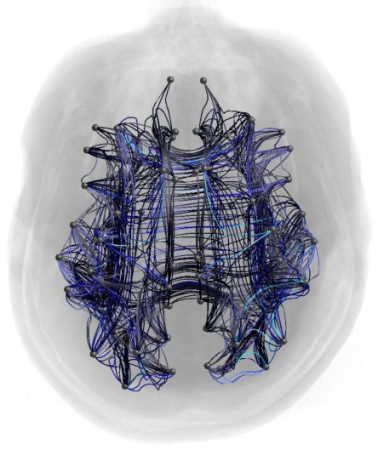Computer Science (all)
Computer Science (miscellaneous)
A cross-disciplinary journal exploring new methods and tools for conducting scientific research more efficiently and joyfully

Development and application of Open Science, Open Educational Resources, and Open Source in the railway domain.
Artificial Intelligence
A cross-disciplinary journal exploring new methods and tools for conducting scientific research more efficiently and joyfully
A journal collecting research into the economics of artificial intelligence including machine learning, econometrics and automation
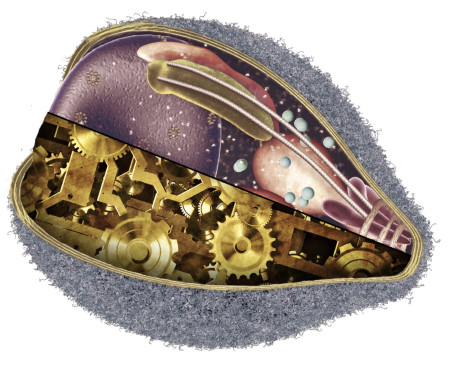
Papers, and preprints, that I find interesting.

A community repository and forum for discussion of published works on tools and techniques for plant phenotyping – the objective measurement of structural and functional properties of plants
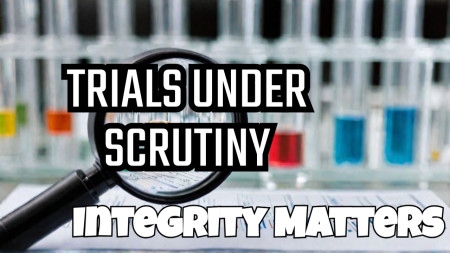
Clinical trials ought to be delivered pure, without fabrication or falsification.
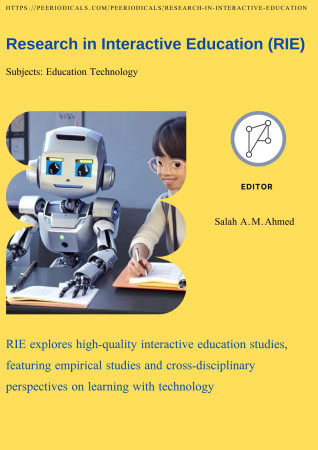
RIE explores high-quality interactive education studies, featuring empirical studies and cross-disciplinary perspectives on learning with technology

Curated articles on theoretical and experimental advances in intelligent and autonomous robotic systems.
Computer Science Applications
A cross-disciplinary journal exploring new methods and tools for conducting scientific research more efficiently and joyfully

Application of machine learning methods for EEG connectivity and network analysis
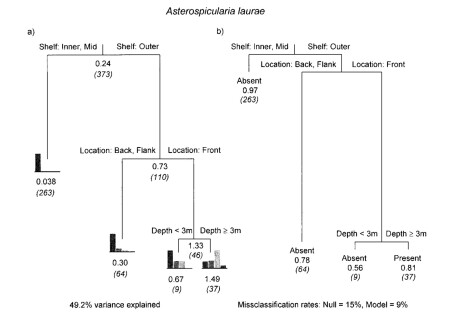
A compilation of class and cutting edge papers applying machine learning and data science in ecology.
Computer Vision and Pattern Recognition

A community repository and forum for discussion of published works on tools and techniques for plant phenotyping – the objective measurement of structural and functional properties of plants
Human-Computer Interaction
A cross-disciplinary journal exploring new methods and tools for conducting scientific research more efficiently and joyfully

RIE explores high-quality interactive education studies, featuring empirical studies and cross-disciplinary perspectives on learning with technology
Signal Processing

A collection of articles providing insight into the field of real-time fMRI neurofeedback, highlighting advancements in both methodology and application.
Software
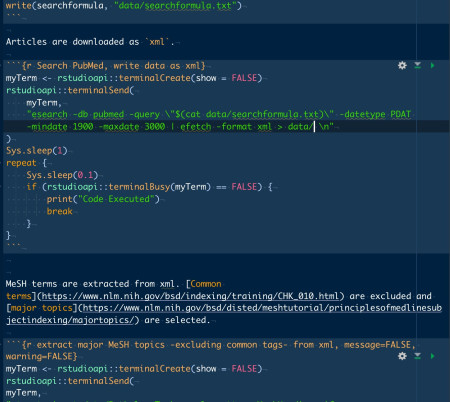
Articles related to R-project

Development and application of Open Science, Open Educational Resources, and Open Source in the railway domain.
A peeriodical is a lightweight virtual journal with you as the Editor-in-chief, giving you complete freedom in setting editorial policy to select the most interesting and useful manuscripts for your readers. The manuscripts you will evaluate and select are existing publications—preprints and papers. Thus, a peeriodical replicates all the functions of a traditional journal, including discovery, selection and certification, except publication itself.
Why set up a peeriodical? The traditional journal has changed remarkably little in centuries and many people feel that scientific publishing is stuck in a rut, subject to a corporatist drift, and is not serving science optimally. The advent of preprints in many fields beyond those served by the ArXiv is liberating the dissemination of research, but most other journal functions have not been replaced effectively. Now you—all researchers—have the opportunity to select and certify research according to your own criteria. We expect peeriodical subject matters and editorial policies to be extremely varied. Some peeriodicals may wish to target narrow domains, while others will adopt a generalist approach. Some peeriodicals will be inclusive, focusing on discovery, whereas others may aim to enforce stringent quality criteria, prioritising certification. The point is that all approaches are permitted and supported—we hope you will innovate! You can create multiple peeriodicals. It will be users and readers who decide which peeriodicals they find useful and interesting. Users can sign up to receive alerts from any peeriodical they wish.
A peeriodical has one or more editors. Anybody can set-up a peeriodical and either operate it alone or invite colleagues to form an editorial board or community. The editors can select "manuscripts"—existing papers or preprints—to consider, either spontaneously or through suggestions from other researchers, including of course the authors. Note that there is no obligation that the manuscript be recent; for instance, we expect that some peeriodicals could focus on underappreciated classics. After all, predictions about scientific impact are generally more accurate for the past than the future. If the editors wish, they can solicit reviews for the manuscript via the Peeriodicals interface. Reviews will be published and the referees will have the option of posting anonymously or signing their review. Editors may decide at any time to accept, reject or comment on the manuscript, taking into account the comments received. They may of course suggest improvements to the manuscript or underlying study. If they justify their decision, their editorial decision will also be published.
How will Peeriodicals fit into the publishing landscape? We see them as a space without entry barriers in which researchers can innovate and explore new approaches to scientific dissemination, in parallel to the traditional publishing industry. There are related and complementary initiatives, notably the overlay journals promoted by Tim Gowers, exemplified by Discrete Analysis, but also Science Open Collections, PLoS Channels, the APPRAISE initiative and Peer Community in... Each of these projects has their own specificities and goals. Nobody yet knows exactly what the future will look like, but we strongly believe that we are about to experience a period of rapid evolution in the dissemination of science and we hope that Peeriodicals will inspire and help you to share your imagination and expertise with the whole research community.
For those starting a peeriodical, you will discover that the hardest part is building up an audience. Unfortunately, we can't yet guarantee you the exposure you would get from a paper in a glamour journal. Reviews with scientific content will be mirrored on PubPeer, offering an audience through the PubPeer browser and Zotero extensions. However, it will be largely up to you to run your publicity, most likely through social media. We are on Twitter (@PEERIODICALS) and will of course help out as we can.
Get started now by requesting an invitation with the link in the top right menu.



